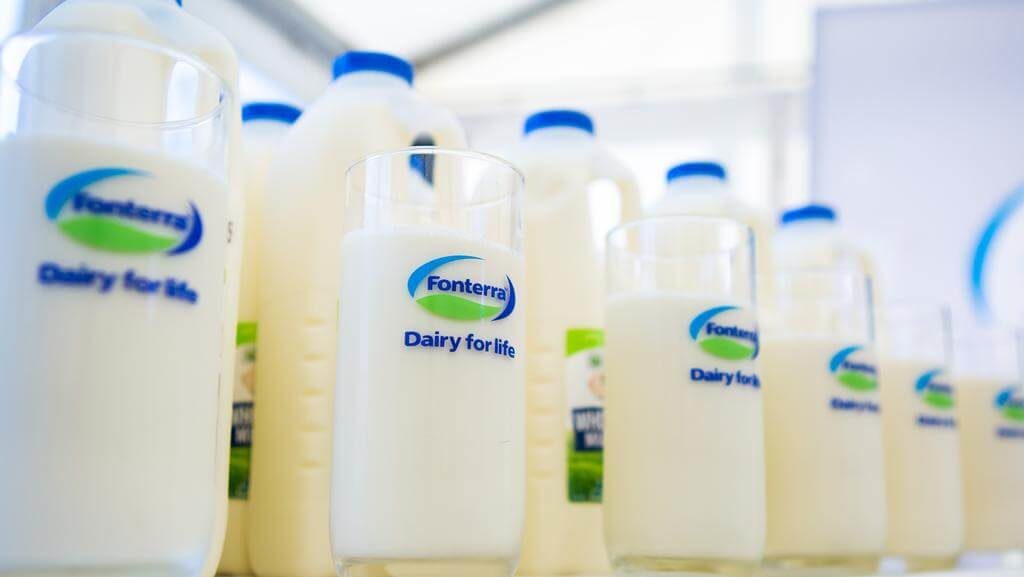Dairy giant Fonterra has experienced its second year of losses.
The co-operative — which is also New Zealand’s largest company and the world’s largest dairy exporter — has reported a net loss after tax of $380 million.
Before the announcement, The Financial Times described Fonterra’s last 18 months as “disastrous,” weighed down by its first-ever loss, internal resignations, and over-valued assets in other countries, including China and Brazil.

The Rise of Dairy-Free in New Zealand
The New Zealand plant-based milk business, meanwhile, is booming. According to global data firm Mintel, vegan milk sales grew 24 percent in 2017. More New Zealanders are adopting flexitarian eating habits. More than 263,000 say they are “always” or “mostly” vegetarian, up 27 percent from 2013.
Dairy sales have seen a similar decline in the United States. Milk sales have steadily declined since the mid-1970s. Dairy-free milk sales increased 6 percent last year, while milk stagnated at 3 percent.
“Consumer appetite for plant-based foods is surging as consumers increasingly make the switch to foods that match their changing values and desire for more sustainable options,” said Good Food Institute Associate Director of Corporate Engagement Caroline Bushnell.
Earlier this year, Fonterra released its first sustainability report in 16 years. In it, the co-op acknowledged that dairy farming has a detrimental effect on the planet. Cows emit both carbon dioxide (CO2) and methane, a greenhouse gas roughly 30 times more potent than CO2. Farming requires clearing land for crops and grazing, which further adds to dairy farming’s environmental impact. The Amazon fires are linked to this practice.
“This growth will continue as more companies bring next-generation innovations to market that really deliver on the most important driver of consumer choice: taste,” Bushnell added.
Last May, Fonterra was one of several high-profile investors — including Bill Gates and Richard Branson — in a new biotech startup called Motif Ingredients. The Boston-based firm will use cellular agriculture to create “lab-grown” milk protein — dairy protein grown from real milk cells, without the use of factory farming. Fonterra admitted that at the rate the population is growing, there won’t be enough resources to sustain the global population. Animal-free protein appears to be a sustainable solution to the problem.


